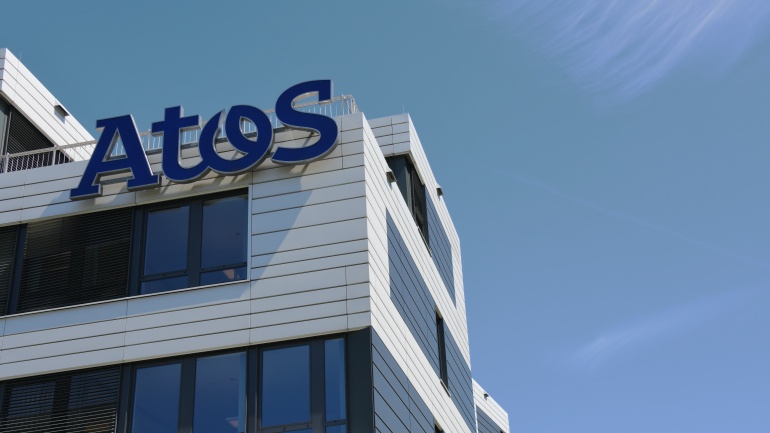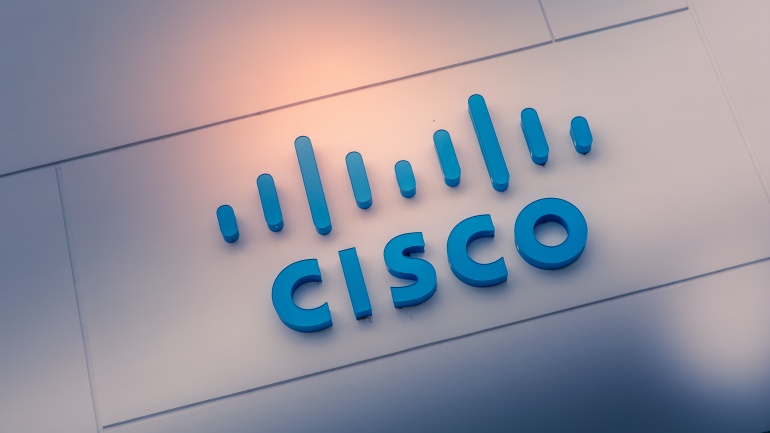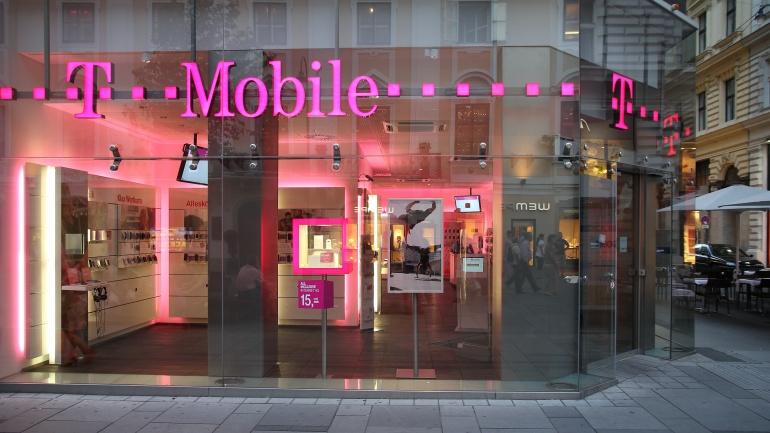Vodia Networks, maker of cutting-edge software-based telephone systems, is pleased to announce it will provide comprehensive support to all former Panasonic partners in response to the electronics giant’s recent decision to discontinue its Panasonic PBX and SIP telephone systems. Panasonic users will need to source alternative communications solutions once these items are no longer supported, before the year 2023, and Vodia is ready to provide comprehensive, best-in-class cloud-based and on-premise multi-tenant systems to Panasonic customers. “Not only can we match the functionality of existing systems, we have also added important features that will improve the productivity of the users,” said Dr. Christian Stredicke, Founder and CEO of Vodia. “The ability to work from home, and from other locations with Internet connectivity, will play a major role in upgrading existing customers. We have a cloud solution ready for our partners, but for those who prefer to continue running their systems on their own, we also offer on-premise…
The French international IT services and consulting company Atos has announced the first release of Unify Office (UO) in the UK. This initiative is a combined effort with RingCentral, a global provider of cloud communications, collaboration, video conferencing and contact center solutions. This announcement follows a similar US rollout earlier in January. Unify Office is a cloud team collaboration and communications service provided by Atos Unify together with RingCentral. Unify Office delivers all features required by present-day team members, in one place, on any device, and from anywhere. Unify Office enables businesses to easily communicate and collaborate with best-of-class voice, video and team messaging functionalities. This can be done from anywhere and using any device by means of a single enterprise solution. By using Unified Office, customers can move from traditional on-premises telephony systems to Unify Office under RingCentral at their own pace, while continuing to use…
Verizon Business announces a new bundle Verizon Business has announced a new bundle offer for small businesses covering security, broadband and LTE services. As more small businesses are moving to virtual settings, Verizon Business now offers the Complete Business Bundle. With this new offering, small businesses receive a 15% discount on monthly service fees with a 50 Mbps tier. LTE Business Internet, which includes a router as part of the package, is giving businesses the ability to connect to 4G LTE using a plug-and-play installation. The Complete Business Bundle also includes One Talk desk phones with more than 50 business-class features and dedicated 24/7 technical support. Read more at: https://tinyurl.com/y4xy7nyw DT and Samsung succeed in standalone 5G Deutsche Telekom and Samsung have successfully completed the SA 5G test in Pilsen, Czech Republic. Together the companies have tested the efficiency of Samsung’s MU-MIMO technology on Deutsche Telekom’s network and recorded excellent…
Telecommunications giant Telefónica has expanded its long-standing technology partnership with IBM and announced the release of Cloud Garden 2.0, the next step in Telefonica’s cloud services platform to accelerate application modernization. Cloud Garden 2.0 is supported on IBM Cloud Pak and Red Hat OpenShift. The first iteration of Cloud Garden, launched in 2019, was originally based on IBM Cloud Private technology. However, Cloud Garden 2.0 switched to the hybrid Red Hat OpenShift cloud Kubernetes platform and the IBM Cloud Pak for Application. Telefónica customers can now run their applications on containers on premises or in the cloud environment of their choice, along with the simplification and speeding up when launching new solutions. Cloud Garden 2.0 is hosted through Telefonica’s Virtual Data Center in Spain, helping its customers experience low latency and better uptime for managing their applications. Andrés López Hedoire, de Enterprise Product Marketing Director, Telefónica España, commented:…
The Vodafone Foundation has announced an investment of €20 million to fund digital skills and education initiatives across Europe and the UK. It is expected that by 2025, the programs sponsored by this investment will reach 16 million learners. The programs run in partnership with charities and NGOs, and will allow people to develop their knowledge and skills in using digital technologies. The €20 million investment is said to be spread over the next five years. The program aims to reach millions of primary and secondary school learners, those who are not students, employed or in training, and the elderly. This announcement happened to coincide with International Education Day. According to Vodafone, countries such as Albania, the Czech Republic, Germany, Greece, Hungary, Ireland, Italy, Luxembourg, the Netherlands, Portugal, Romania, Spain, Turkey and the UK will receive funding for advancing digital skills. Nick Read, CEO Vodafone Group, said: “Vodafone…
Nokia and China Mobile trial 5G RAN AI Nokia and China Mobile have announced that they have successfully tested Nokia’s RAN Intelligent Controller (RIC) over China Mobile’s 5G network. As alluded to in the name of the Nokia product, the focus is less on RAN itself, but more on its automated control, thereby eliminating expensive human labor from the process. Pasi Toivanen, Head of Nokia’s Edge Cloud Platform, said: “We are excited to have worked with China Mobile on this project to advance RAN network intelligence.” Read more at: https://tinyurl.com/yxu3komy Deutsche Telecom’s Access 4.0 FTTH is live Deutsche Telekom has introduced its Access 4.0 platform to the market, with the first customer using the fiber-to-the-home (FTTH) line in Stuttgart, Germany. The transition to more cost-effective and flexible distributed networks has taken many years, but Deutsche Telekom’s deployment of Access 4.0 is proof that it is serious about implementing this…
Cisco, a global giant and provider of IT, networking and cybersecurity solutions, has announced that it has received the final regulatory approval for a $4.5 billion agreement to purchase Acacia. The merger was reportedly approved by the Chinese government’s State Market Regulatory Administration (SAMR) on Tuesday. The consent from SAMR was the last hurdle to clear for Cisco to complete the deal. Cisco’s plans to acquire Acacia Communications were first announced in July of 2019. The deal was on a fully diluted basis to buy the company for $70 per share in cash for a total of $2.6 billion. Cisco had then received the regulatory go-ahead from the United States, Germany and Austria. Cisco has received the approval under certain conditions. According to SAMR, the deal could progress as long as Cisco and Acacia continue to fulfill existing contracts in China, as well as supply Chinese companies in…
Tele2 and Nokia to provide SA 5G core network Tele2 has partnered with Nokia to provide its domestic market with a standalone (SA) 5G core network prior to the country’s spectrum auction, which prohibits operators from using ZTE or Huawei infrastructure. Nokia’s triumph over Ericsson’s comes as the company undergoes a comprehensive restructuring in order to focus on key business areas and get back in the global 5G retail market. The operators stated that the contract also covers the installation of the SA 5G core and the facilities for the transmission of voice-over-5G in Latvia, Lithuania and Estonia. The deployment of the infrastructure is expected to start later in 2021. Read more at: https://tinyurl.com/y5pxfu4l Telefónica has agreed to sell its tower portfolio The Spanish telecommunication giant Telefónica has come to the decision to sell its tower portfolio in Europe and Latin America to passive infrastructure specialist American Tower for €7.7…
The international telecommunications company, Colt Technology Services Group, has announced that it is releasing its Cloud Session Border Controller (SBC) in partnership with AudioCodes. This cloud-based voice solution provides Direct Routing as a Service to quickly enable PSTN calls for Microsoft Teams. The Colt Cloud SBC provides an important step towards speeding up and simplifying the implementation of PSTN calling in Teams. With Direct Routing as-a-service, provided by the cloud-based voice solution, users do not require on-premises hardware or hardware in a data center. According to the company, the new service provided more efficiency for both large and small businesses, as onboarding was completed in less than a week. Developed in collaboration with AudioCodes, a leading provider of smart voice networks, this new offering is an extension of Colt’s Intelligent Communications offering that was launched in 2019. The power of Microsoft 365 and Teams, along with Colt’s voice and…
It has been announced that Deutsche Telekom, a German telecommunications company, is looking to sell its Dutch subsidiary T-Mobile Netherlands for approximately €5-6 billion. The company is aiming to sell the Dutch mobile phone operator to private equity investors. In 2015, Deutsche Telekom was unsuccessful in trying to sell T-Mobile Netherlands in an attempt to reduce its debt and raise funds to help acquire spectrum for T-Mobile US. Six years ago, the company considered leaving the Dutch market and had seen interest from Liberty Global. Nonetheless, the potential sale did not go through and Liberty Global later merged the Ziggo cable unit with Vodafone Netherlands. Since then, the Dutch unit has grown. Instead of seeking another buyer, Deutsche Telekom decided to expand its operations in the country. In 2017, the company published a €190 million merger with Tele2’s local branch. At the time, Deutsche Telekom said it wanted to…













